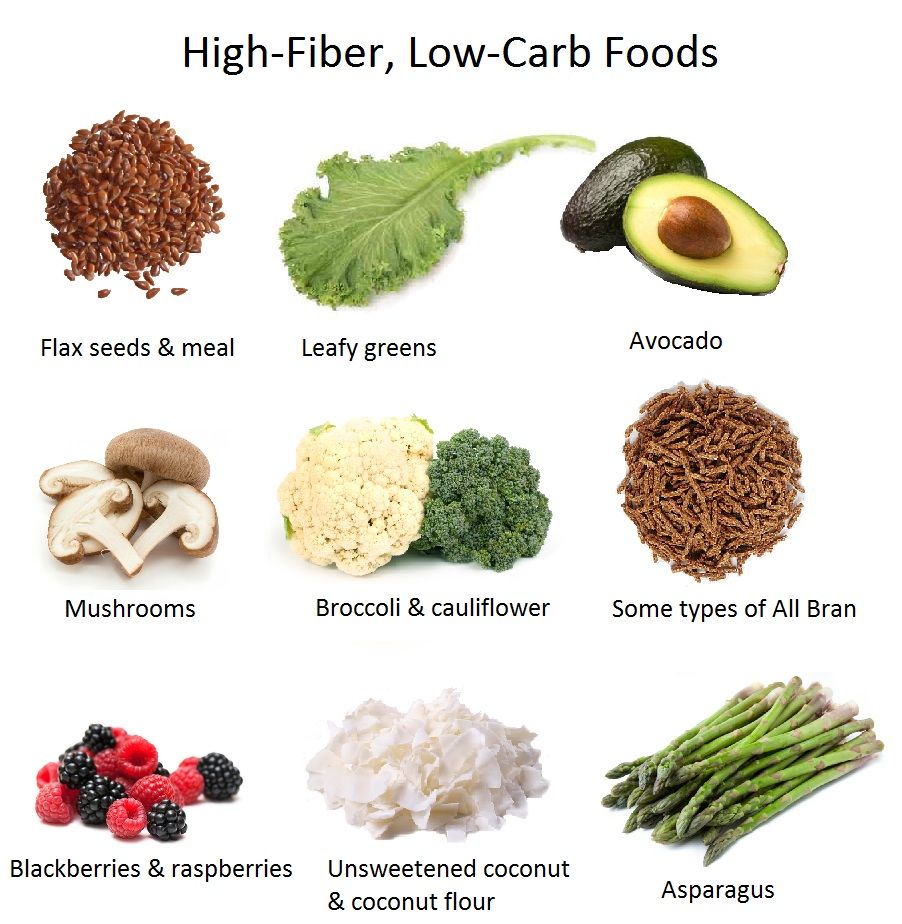Mushrooms are a unique and versatile food that has been enjoyed for centuries in various cuisines around the world. Beyond their culinary appeal, mushrooms are also celebrated for their potential health benefits. In this comprehensive guide, we’ll explore the nutritional value of mushrooms, their potential health benefits, different types of mushrooms, how to incorporate them into your diet, and address common questions about their consumption.
Nutritional Value of Mushrooms
Mushrooms are low in calories but rich in essential nutrients, making them a valuable addition to a healthy diet. While the exact nutritional content can vary depending on the type of mushroom, most varieties are
- Low in calories
- Mushrooms are low in calories, making them a great option for those looking to manage their weight.
- High in protein
- Mushrooms contain a moderate amount of protein, making them a suitable option for vegetarians and vegans.
- Rich in vitamins and minerals
- Mushrooms are a good source of several vitamins and minerals, including vitamin D, B vitamins, selenium, potassium, and copper.
- High in fiber
- Mushrooms are a good source of dietary fiber, which is important for digestive health and may help reduce the risk of certain chronic diseases.
Health Benefits of Mushrooms
Beyond their nutritional value, mushrooms offer several potential health benefits
Support immune function
Mushrooms contain beta-glucans, compounds that may help enhance immune function and reduce inflammation.
Promote heart health
The fiber, potassium, and antioxidants found in mushrooms may help lower cholesterol levels and reduce the risk of heart disease.
Regulate blood sugar levels
Some research suggests that certain compounds in mushrooms may help regulate blood sugar levels and improve insulin sensitivity, making them beneficial for individuals with diabetes.
Provide antioxidant protection
Mushrooms contain antioxidants such as selenium and ergothioneine, which may help protect cells from damage caused by free radicals.
Support cognitive function
Preliminary studies suggest that mushrooms may have neuroprotective properties and may help improve cognitive function and reduce the risk of neurodegenerative diseases like Alzheimer’s.
Types of Mushrooms
There are thousands of mushroom species, but only a handful are cultivated for culinary use. Some popular varieties include
Button mushrooms
Mild in flavor and versatile in cooking, button mushrooms are widely available and can be enjoyed raw or cooked.
Portobello mushrooms
With their large size and meaty texture, portobello mushrooms are often used as a vegetarian alternative to burgers or steaks.
Shiitake mushrooms
Known for their rich, savory flavor, shiitake mushrooms are commonly used in Asian cuisine and are believed to have various health benefits.
Oyster mushrooms
Oyster mushrooms have a delicate texture and mild flavor, making them a versatile ingredient in soups, stir-fries, and salads.
Maitake mushrooms
Also known as hen-of-the-woods, maitake mushrooms have a robust flavor and are prized for their potential health benefits.
How to Incorporate Mushrooms into Your Diet
Mushrooms can be enjoyed in a variety of ways, both raw and cooked. Here are some ideas for incorporating mushrooms into your meals
Sautéed
Sauté mushrooms with garlic and herbs for a flavorful side dish or topping for meats, pasta, or pizza.
Stir-fried
Add sliced mushrooms to stir-fries for extra texture and flavor.
Grilled
Marinate whole portobello mushrooms and grill them for a meaty and satisfying vegetarian main course.
Stuffed
Fill mushroom caps with a mixture of breadcrumbs, cheese, herbs, and spices, then bake until golden brown for a delicious appetizer or side dish.
In soups and stews
Add sliced mushrooms to soups, stews, and casseroles for an earthy flavor and added nutrients.
Raw
Enjoy sliced mushrooms raw in salads or as a crunchy topping for sandwiches and wraps.
Experiment with different types of mushrooms and cooking methods to discover your favorite ways of incorporating them into your meals.
Frequently Asked Questions (FAQs)
Are mushrooms safe to eat raw?
While most edible mushrooms are safe to eat raw, cooking them can enhance their flavor, texture, and digestibility. Certain wild mushrooms may be toxic if consumed raw, so it’s best to cook them thoroughly before eating.
Can mushrooms help with weight loss?
Mushrooms are low in calories and high in fiber, making them a filling and nutritious addition to a weight loss diet. However, they are not a magic bullet for weight loss and should be enjoyed as part of a balanced diet and healthy lifestyle.
Are all mushrooms edible?
No, not all mushrooms are edible, and some species can be toxic or even deadly if consumed. It’s essential to only consume mushrooms that have been positively identified as safe for consumption or purchased from a reputable source.
Can mushrooms be a source of vitamin D?
Yes, some mushrooms, such as shiitake mushrooms, can naturally produce vitamin D when exposed to sunlight or ultraviolet (UV) light. However, most commercially available mushrooms are not exposed to sunlight and may contain minimal amounts of vitamin D.
Are there any risks associated with eating mushrooms?
While mushrooms are generally safe for consumption, there is a risk of allergic reactions or gastrointestinal upset in some individuals. It’s also important to avoid consuming wild mushrooms unless you are knowledgeable about mushroom identification and foraging safety.
Can mushrooms be beneficial for gut health?
Yes, mushrooms are a good source of dietary fiber, which can help promote digestive health by supporting regular bowel movements and feeding beneficial gut bacteria. Additionally, certain types of mushrooms contain prebiotic compounds that may further support gut health.
Conclusion
Mushrooms are not only delicious and versatile but also offer a wide range of potential health benefits. From supporting immune function and heart health to promoting weight loss and cognitive function, mushrooms are a nutritious addition to any diet. Whether enjoyed raw in salads, sautéed in stir-fries, or grilled as a meat substitute, mushrooms can add flavor, texture, and nutrients to your meals. So go ahead, embrace the mighty mushroom, and reap the rewards of its culinary and health-enhancing properties!
- Sapiosexuality: When Intelligence Sparks Attraction - May 31, 2025
- Light Eyes Ultra – Dark Circles Treatment Near Kenley, Surrey - May 30, 2025
- The Emotional Toll Of Breadcrumbing And How To Reclaim Your Power - May 30, 2025





